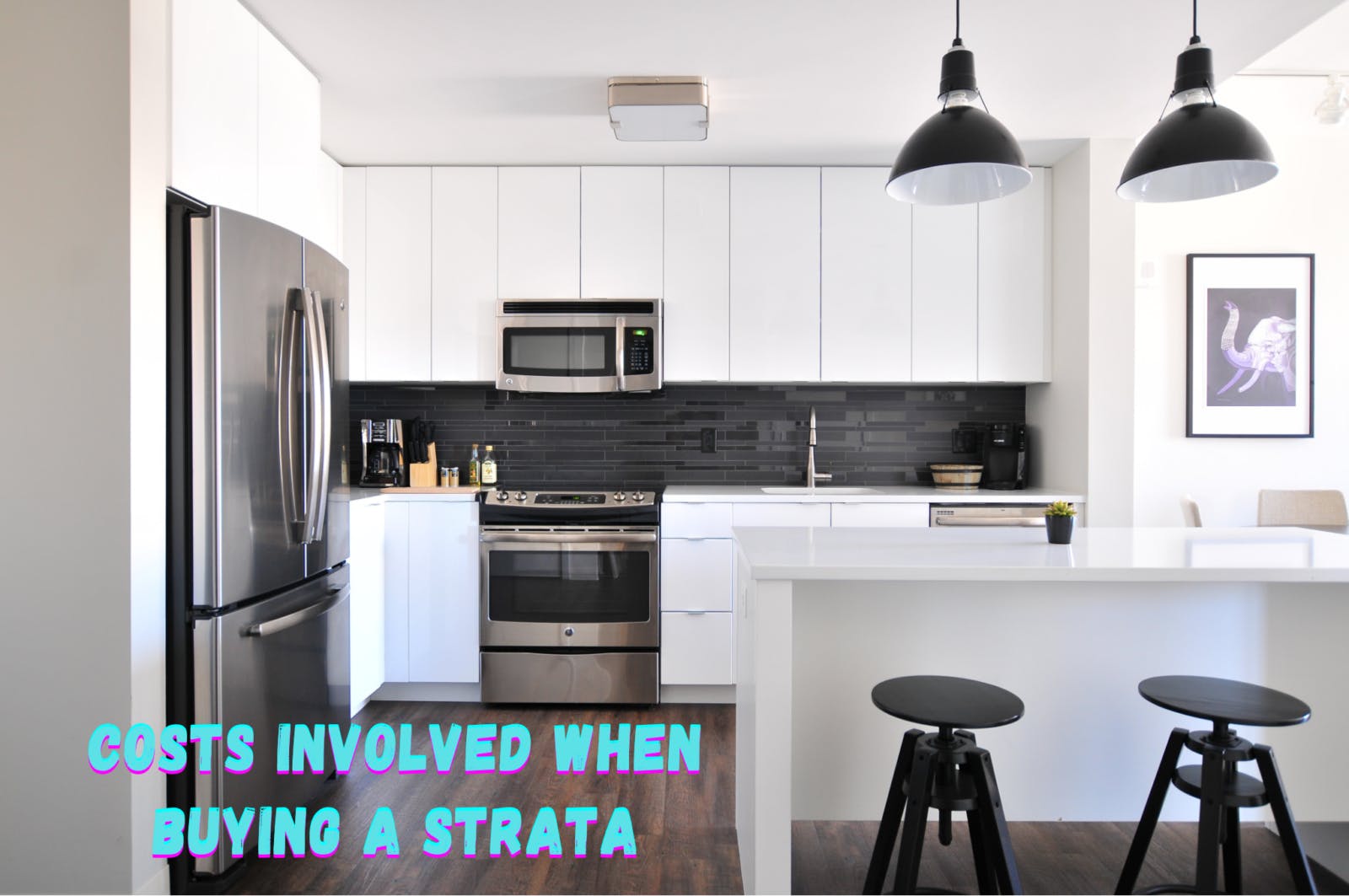Buying a strata property, such as a condominium or townhouse, typically involves additional costs beyond the purchase price. These costs can include:
- Strata/Condo Fees: Strata or condo fees are monthly fees paid by the owners of units within a strata or condominium complex to cover shared expenses, such as maintenance of common areas, insurance, utilities, and reserve funds for future repairs or replacements. The amount of strata fees can vary depending on the size, age, and amenities of the building, and should be factored into your budget when buying a strata property.
- Special Levies: Special levies are one-time fees charged to strata owners for unexpected or extraordinary expenses that are not covered by the regular strata fees. These can include major repairs, upgrades, or other unforeseen expenses, and can vary in amount and frequency. It’s important to inquire about any existing or upcoming special levies when buying a strata property, as they can significantly impact your budget.
- Strata/Condo Documents: The strata corporation is required to provide certain documents to potential buyers, such as the strata plan, bylaws, financial statements, meeting minutes, and other relevant information. These documents may be subject to a fee, which can vary depending on the strata corporation.
- Contingency Reserve Fund: The strata corporation is required to maintain a contingency reserve fund, also known as a contingency reserve or contingency fund, for anticipated future repairs or replacements of common property and common assets. A portion of the strata fees is typically allocated to this fund, and the buyer may be required to contribute to it as part of the purchase process.
- Insurance: While the strata corporation typically carries insurance for the building’s common areas, the individual unit owner may be responsible for obtaining insurance for their own unit and personal belongings. The cost of insurance can vary depending on the coverage and location of the property.
- Legal Fees and Disbursements: Just like with any property purchase, there will be legal fees and disbursements associated with the purchase of a strata property, including reviewing strata documents, conducting title searches, and facilitating the transfer of ownership.
- Appraisal and Mortgage Costs: If you are obtaining a mortgage to finance your strata property purchase, there may be additional costs associated with the appraisal of the property and mortgage application fees.
- Move-in and Move-out Fees: Some strata corporations may charge move-in and move-out fees to cover the costs of managing the process of new residents moving in or existing residents moving out. These fees can vary depending on the strata corporation’s rules and policies.
It’s important to carefully review and understand all the costs associated with buying a strata property, as they can impact your budget and affordability. It’s recommended to work with a qualified real estate professional and/or a legal professional to ensure you have a comprehensive understanding of the costs involved in buying a strata property.


